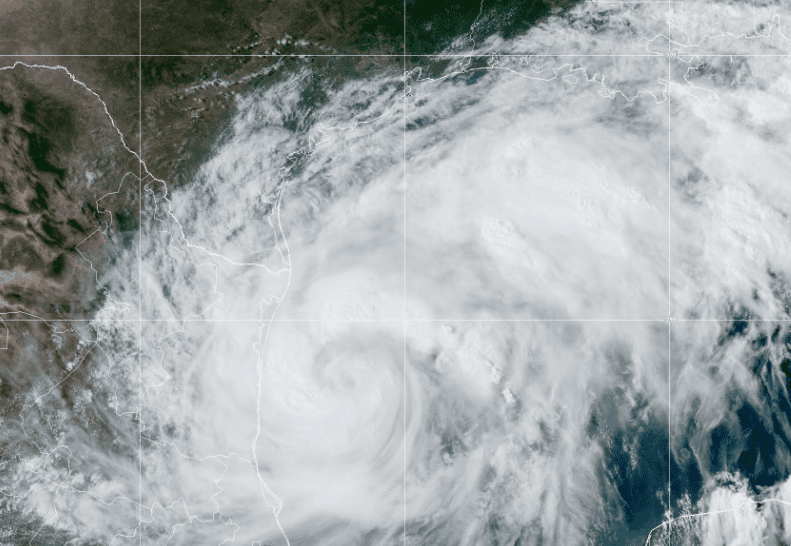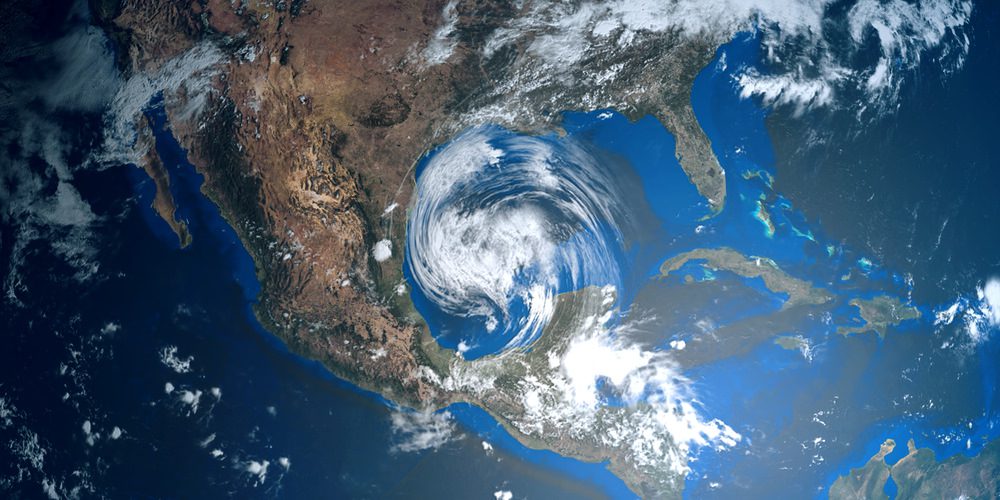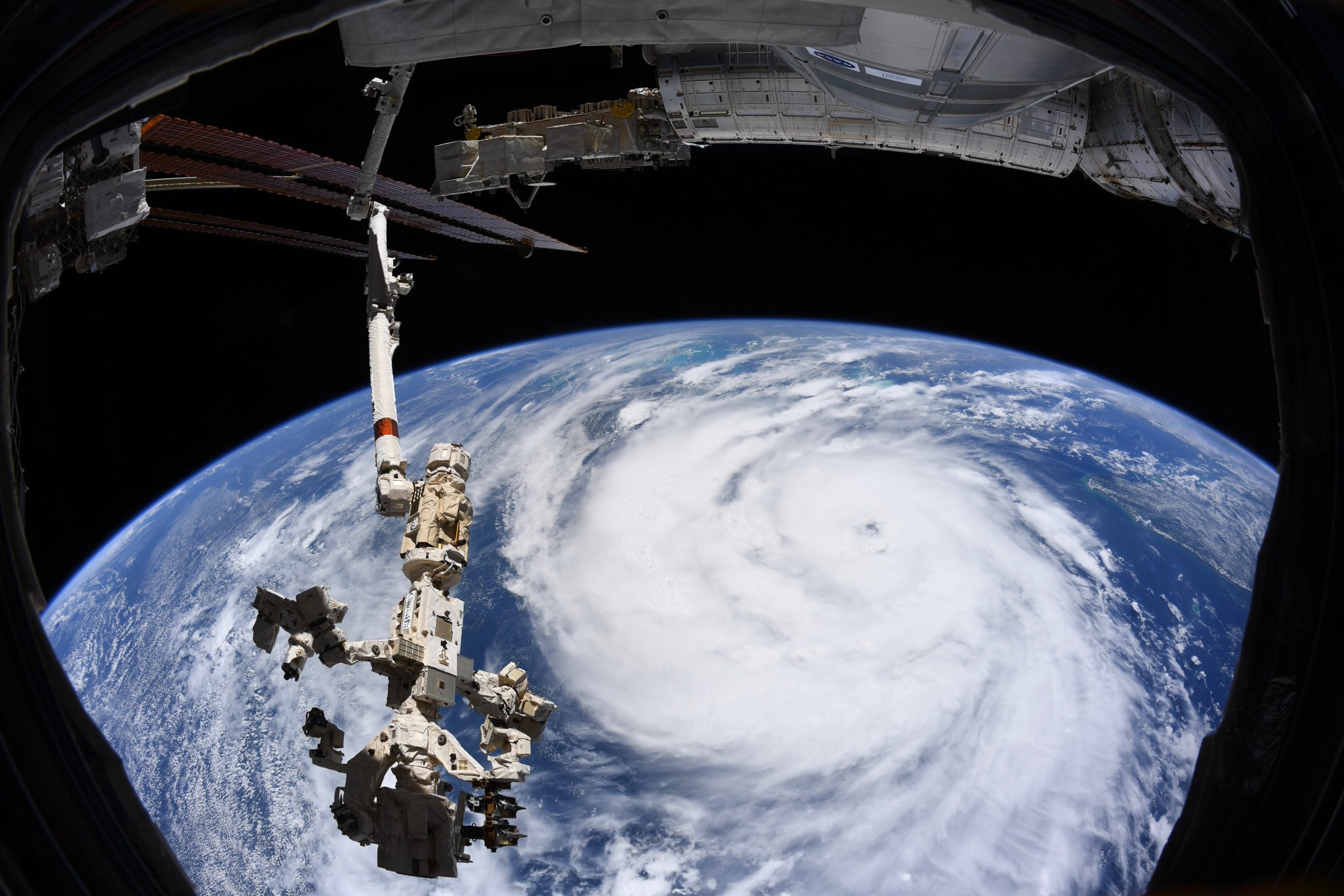(Reuters)-U.S. oil and gas companies on Friday cut more than 1.6 million barrels of oil production as a major storm churned toward oilfields that provide 17% of the nation’s oil production.
Production cutbacks ahead of Hurricane Ida exceed those during 2005’s devastating Katrina
Ida barreled into Cuba on Friday after intensifying into a hurricane with 85 mile per hour (130 kph) winds, according to the National Hurricane Center. It could become “an extremely dangerous major hurricane,” and threaten the U.S. Gulf Coast “catastrophic wind damage,” the NHC said.
Top Gulf of Mexico oil producer Royal Dutch Shell Plc said it suspended production at seven offshore platforms and two processing plants onshore. BP Plc stopped work at four platforms. Both said they were evacuating offshore workers.
Chevron Corp. said it was shutting in production at its six Gulf of Mexico platforms and evacuating all workers. BHP and Equinor pulled workers from offshore facilities, spokespeople said.
Oil companies had shut 59% of Gulf oil production and 49% of natural gas output, according to the U.S. offshore regulator. A total of 90 offshore facilities were evacuated and 11 drilling vessels moved out of harm’s way.
“This could be comparable to hurricanes Laura and Harvey, as far as intensity goes,” said Joe Bastardi, chief forecaster with Weatherbell Analytics, referring to two hurricanes with winds of at least 130 mph (209 kph). “In the worst-case scenario it could go as high as a category 5,” he said.
During Katrina, a hurricane that wreaked havoc in Louisiana, supplies were cut by up to 1.53 million barrels per day. Production outages lasted for weeks due to damaged platforms and refineries. Last year’s Delta shut-in up to 1.69 million barrels per day.
Gasoline manufacturer PBF Energy pared production at its Chalmette refinery, said people familiar with the matter, and Phillips 66 said it was releasing non-essential workers and halting output at its Alliance, Louisiana, plant. Shell also is stopping fuel production at its Norco refinery, and chemical manufacturing at its Geismar, Louisiana, plant, it said.
Oil prices rose nearly 2% on Friday and posted their biggest weekly gain in over a year. Some U.S. Gulf Coast gasoline prices gained for a fourth day, with one type of gasoline feedstock up by 600% since Tuesday.
Over 45% of U.S. refining capacity lies along the Gulf Coast.
Louisiana’s governor called on residents to prepare for a major storm, President Joe Biden issued a federal emergency declaration and New Orleans and coastal officials asked residents to move to higher ground. Five storms made landfall in Louisiana last year, causing billions of dollars in damage.
(Reporting by Sabrina Valle, Erwin Seba; editing by Dan Grebler and Howard Goller)
Editorial Standards · Corrections · About gCaptain
This article contains reporting from Reuters, published under license.

 Join The Club
Join The Club











